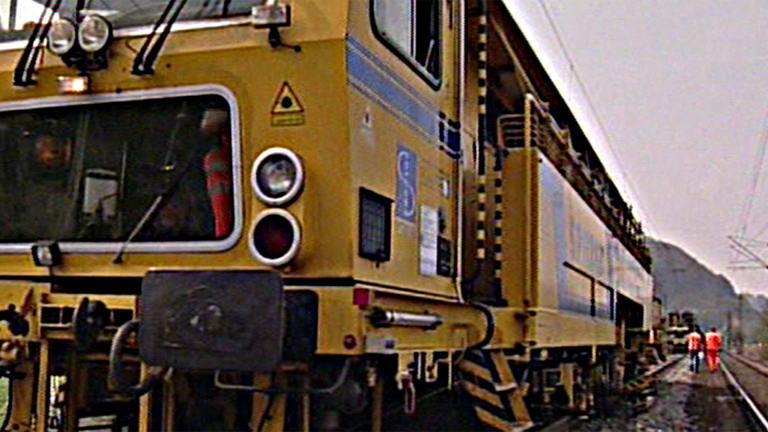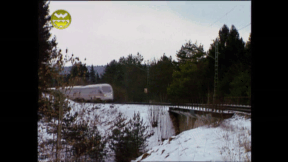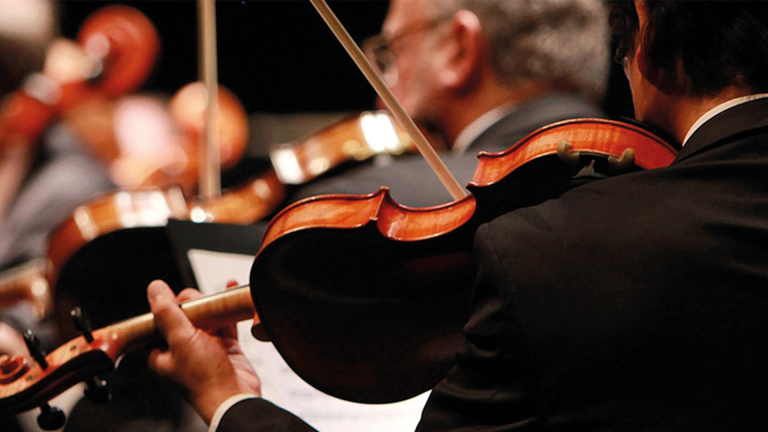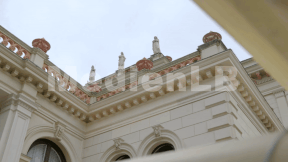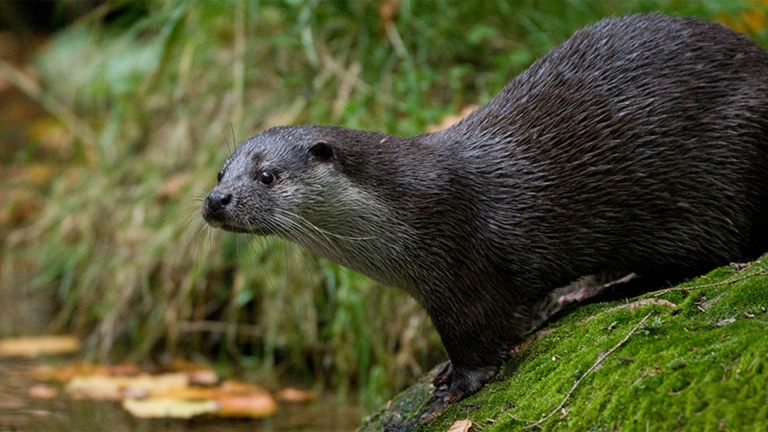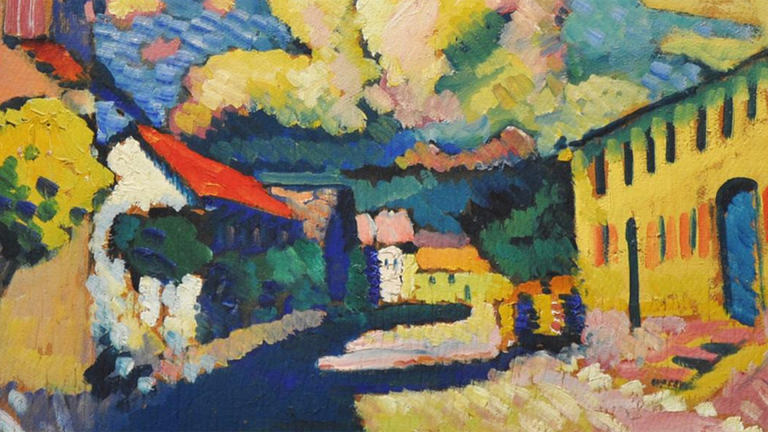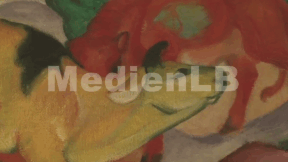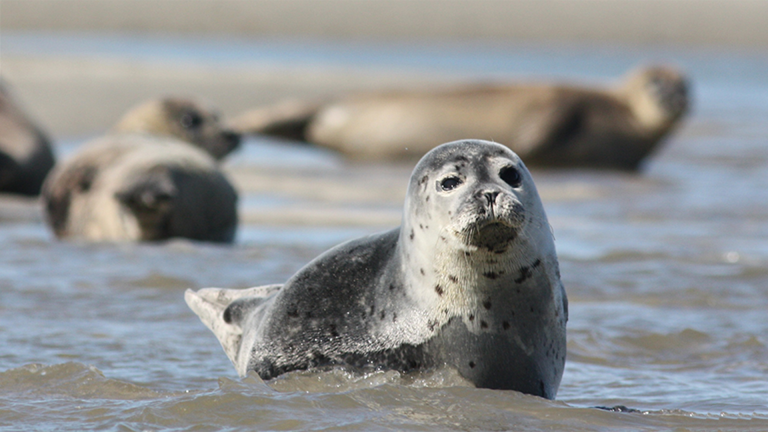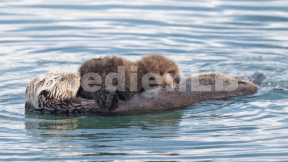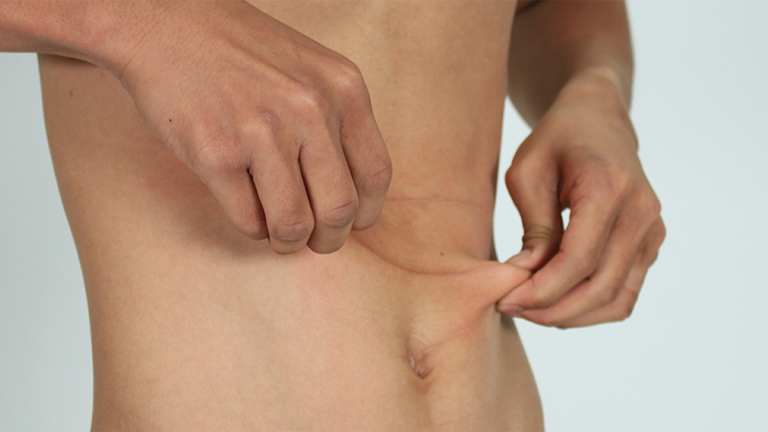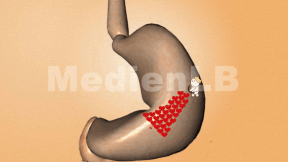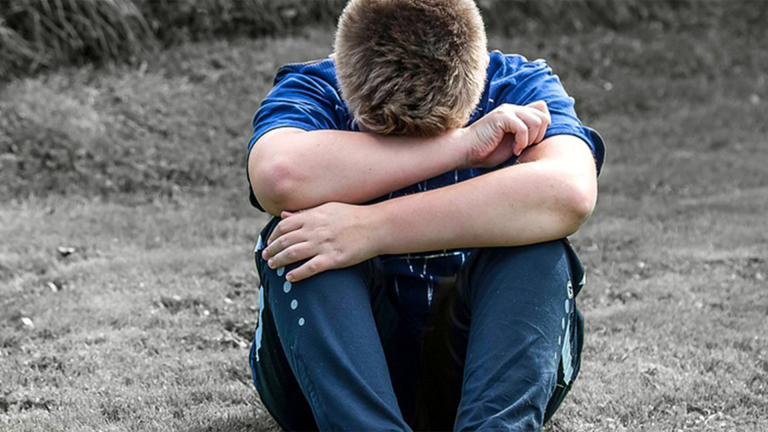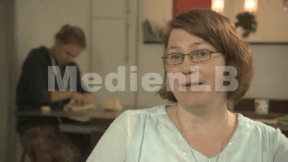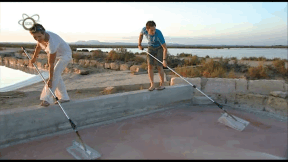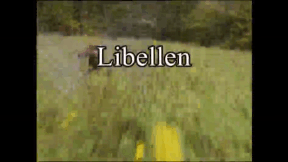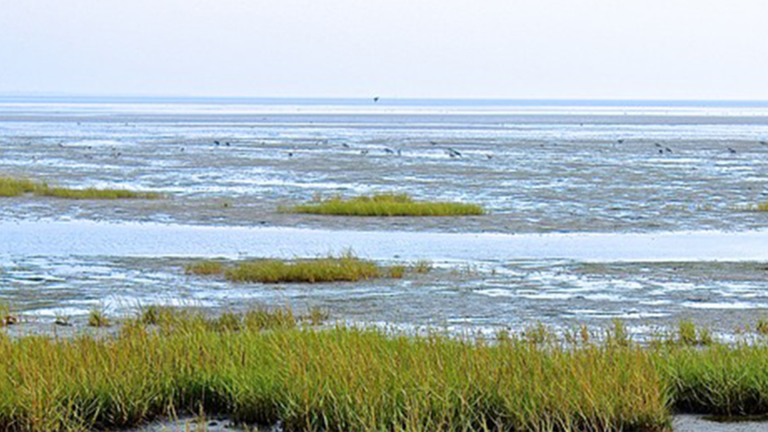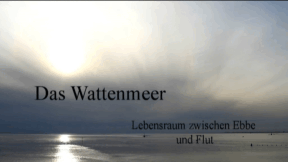Suche:
- # Artistry
- # Biology
- # Chemistry
- # Ecological
- # Economy
- # English
- # Foreign Language
- # Geography
- # German
- # Health
- # History
- # Informatik
- # Latin
- # Mathematics
- # Media Education
- # Music
- # Physics
- # Politics / Civics
- # Preschool
- # Primary School
- # Religion
- # Society
- # Sports
- # Technology
- # Training of Teachers
- # Vocational Education
Bahn
Wie wird man eigentlich Lokführer? Schau Dich schlau zeigt den Weg zum Traumberuf. Und: Wie kommen eigentlich die Fäkalien aus einem ICE? Wie putzt man einen riesigen ICE-Zug? Schau Dich schlau ist bei ein einem Boxenstopp des Vorzeigezuges der Deutschen Bahn dabei! Und wir gehen der Frage nach, wie eigentlich die Schienen auf den Schotter kommen. Das und mehr bei Schau Dich schlau!
Learn moreKlassische Musik erleben
Wien war im ausgehenden 18. Jahrhundert die unbestrittene Metropole der europäischen Musik. Angezogen von der großzügigen Förderung vor allem durch Joseph II. fanden Joseph Haydn, Wolfgang Amadeus Mozart und Ludwig van Beethoven ihren Weg an die Donau.
Learn moreLife in the Lake
All of you certainly know a lake. Perhaps you have even been splashing around in a lake once because lakes are big stretches of water. But what actually is a lake? How did it form? What lives in a lake and around it? That is what we want to find out together. How do you actually recognise that you are at a lake? If you look closely, you see, simply put, that lakes are always where water collects in a very big depression on the earth’s surface. Contrary to rivers, lakes are therefore bodies of water that are surrounded on all sides by a shore.
Learn moreThe Blue Rider
The Blue Rider – this is the name a group of artists chose for themselves when they joined forces just over 100 years ago to exhibit their works together.
Learn moreSeals
Seals belong to the group of water-living mammals. Unlike whales and manatees, which have completely switched to aquatic life, seals lead a life both in the water and on land. This makes these animals special.
Learn morePubertät
Die Zeit zwischen Mädchen und Frau, zwischen Junge und Mann ist aufregend und extrem. Mal geht es auf, dann wieder ab. Es ist eine Zeit der Gegensätze und Launen, Irrungen und Wirrungen. Man nennt sie: Pubertät. Biologisch zeichnet sich die Pubertät durch die Veränderung der primären und sekundären Geschlechtsmerkmale aus. Der Reifeprozess verläuft bei Mädchen und Jungen unterschiedlich. Wenn Kinder in die Pubertät kommen, entsteht im Gehirn eine neue Ordnung. Früher dachte man, dass das Gehirn im Alter von sechs Jahren ausgebildet sei. Heute weiß man, dass das Gehirn während der Pubertät noch einmal ganz neu umstrukturiert wird. Die Meinung der Erwachsenen wird plötzlich nur noch sehr ungern akzeptiert. Dafür suchen Jugendliche nun verstärkt Rückhalt bei Gleichaltrigen. Unser Unterrichtsfilm zeigt die Erfahrungen von Mädchen und Jungen sowie Eltern auf.
Learn moreSnails and Their Habitats
They are slow, really slow ... they are soft, they are slimy ...and greedy.
Learn moreSalz
Ein vermeintlich gewöhnliches und billiges, weißes Gewürz gilt im Altertum als Göttergabe, in unserer Zeit kann man es kiloweise im Supermarkt kaufen. Die Rede ist von Salz, der chemischen Verbindung aus Natrium und Chlorid.
Learn morePoison
Throughout history, humans have always tried to understand the mysterious power of toxins. In doing so, they sometimes discovered healing medicine, and sometimes lethal mixtures. This DVD treats the history and origin of poisons and their use by man. The most common and most dangerous known poisons are introduced. A journey into the body unveils the secrets of the deadly substances and shows how poisons work and why some kill slowly and painfully while others take effect suddenly and unexpectedly. Many plants and fungi produce life-threatening substances. But animal poisons are unparalleled in their effects. These ex- periments of nature also inspired human preparers of poison as well as healers. The most mysterious cases from history and nature could be re-opened. With the help of the new findings, new cures might be developed.
Learn moreDragonflies
The dragonfly – a fascinating hunter with incredible skills: with its iridescent wings, which make up two per cent of its body weight, it manoeuvres artistically in the air and serves as a model for ultra-lightweight design. A survival specialist that has been dwelling on earth for 320 million years.
Learn moreWadden Sea
Wadden Seas are parts of seas or landscapes on the coast respectively. Characteristic of these landscapes is that Wadden Seas are particularly exposed to the tides. There are many Wadden Seas in the temperate zones all over the world. The sea accessible by wading is usually flooded twice a day during high tide. The areas drying out at low tide are called mudflats. The habitat is susceptible to pollutions, in particular to those caused by man. We deal with the natural landscape between the Dutch Den Helder and the Ho Bay in Denmark that covers 10,000 square kilometres in total. The Wadden Sea along the North Sea: National Park, UNESCO World Heritage natural site and the largest contiguous area of mudflats in the world. The North Sea coast is wilderness on the one hand, work of man on the other hand.
Learn more



